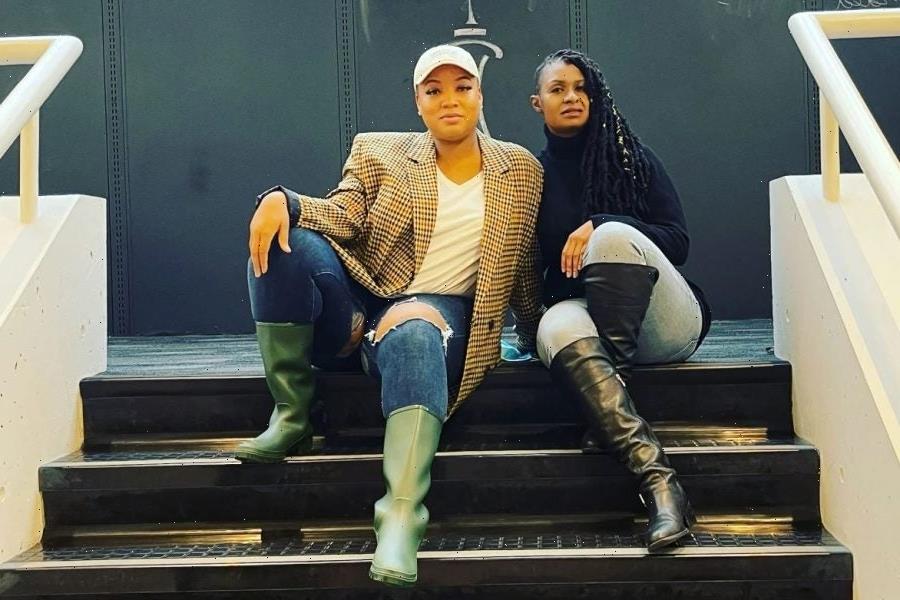Six months after giving birth to her daughter, Jade Kearney was struggling with postpartum depression whilst finishing up her second master’s degree program at NYU. To make matters worse, there is an extreme scarcity of mental health professionals who are equipped with the tools to aid a Black woman traverse through this kind of situation.
Thus began initial seeds of inspiration for the app, “And that’s how I founded She Matters because I felt like I didn’t matter…let me just do something that I’m already involved in. I was already involved postpartum, I’m already Black. So let’s create an app for Black moms who have postpartum anxiety and depression and create a community. And so that’s where I really started on my tech journey,” Kearney said.
She Matters is “a community designed to support and meet the mental health needs of Black women,” and approaches Black women’s mental health using a multifaceted perspective. According to Kearney, “Therapists pay a fee to be on the app and be connected to Black women who want therapy. But the thing that’s different with our app and others is that these therapists are culturally competent and understand the very tumultuous relationship that Black women have had in the healthcare system.”
Loading the player…
Per 2020 data from the Centers for Disease Control and Prevention (CDC), postpartum depression (PPD) “affects over 11% of women in the United States, or 1 in 9 women. However, the condition does not affect all women equally…Studies suggest that PPD is more likely to occur in women of color. One such study…found that African American women were more than twice as likely to experience postpartum depressive symptoms as white women.” This is representative “of a larger trend in the U.S. maternal mortality crisis, where Black women die from pregnancy-associated causes at 2.5 times the rate of their white counterparts.”
Assistant professor in the Departments of Population Health Sciences and Obstetrics and Gynecology at the University of Wisconsin-Madison, Tiffany Green, Ph.D. said “There is some interesting older work from the economics literature that suggests that doctors may not communicate as effectively with Black patients relative to white patients. In turn, this poorer communication affects clinicians’ ability to diagnose Black patients with depression properly. Further, the evidence strongly suggests that implicit bias (i.e., prejudice) is linked to patient-provider communication, which would be particularly important in diagnosing conditions such as depression. I think that specifically investigating the extent to which these factors matter in the context of postpartum (and prenatal) depression is critical.”
Kearney and Marguerite Pierce, her co-founder, have accomplished much to achieve their vision, all while overcoming prolific instances of racism and bias. As Kearney said, “It’s so challenging, but so is just to be at this level as a Black female. The whole thing is crazy and challenging. So if we’re in the room, we’ve clearly been able to jump over all of the hurdles to get there, and we’re usually one or two in the space. So then to say you’ve gotten here, you’re [unique], and we’re not going to give you money. It’s crazy, it really is. It’s a lot…I’ve had investors say things like ‘I love hip hop’, ‘Are there that many Black women’ or ‘Did you really develop the technology yourselves’?…I’ve cried more behind closed doors in the last 12 weeks than I have in my entire life, but I refuse to give up because Black women are suffering and the problem is fixable. It’s about community and communication, and it’s about making as much noise as possible in the healthcare industry so they know we will not stop until change in maternal morbidity and patient outcomes drastically improve.”
“There’s a need for women of color specifically to have digital solutions that are supportive, confidential and safe,” says Dr. Jenna Duffecy and since Kearney’s app debuted to the public in beta form in January, there were 7,000 people who have signed up and the company “already has 180 trained therapists on the site and another 700 on the waiting list.”
Source: Read Full Article
